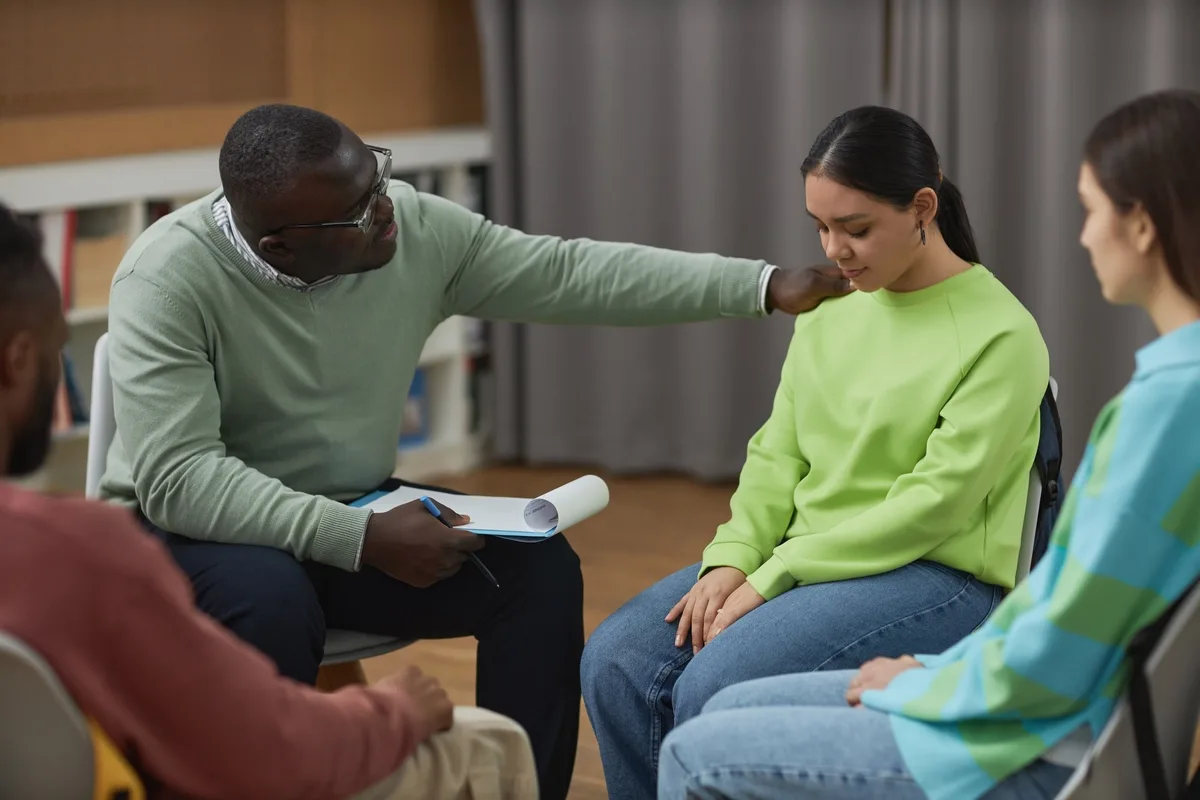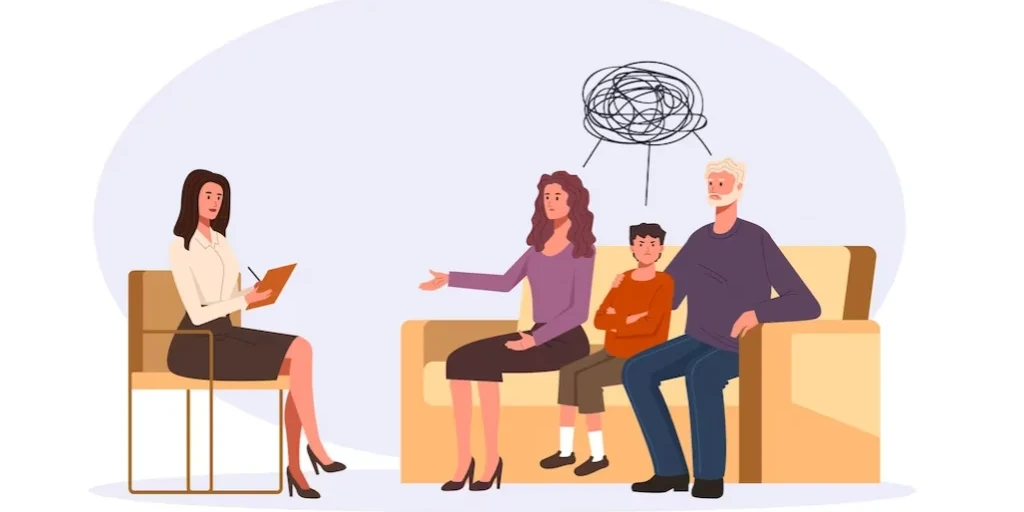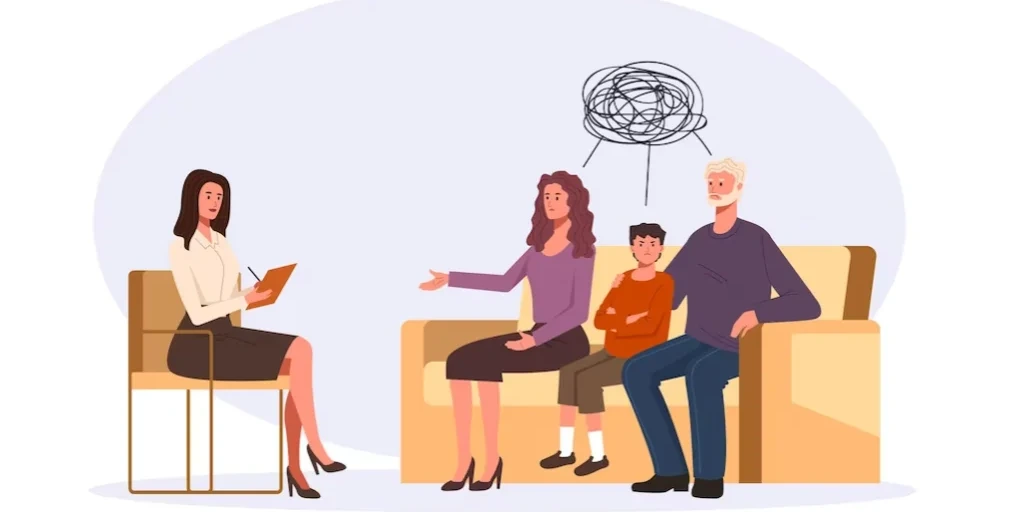24/7 Helpline:
(866) 899-221924/7 Helpline:
(866) 899-2219
Learn more about Group Therapy centers in Willamina
Group Therapy in Other Cities

Other Insurance Options

BHS | Behavioral Health Systems

PHCS Network

Ceridian

Health Choice

Lucent

UMR

CareSource

Horizon Healthcare Service

WellPoint

MHNNet Behavioral Health

Amerigroup

Meritain

Evernorth

CareFirst
Beacon

Covered California

Access to Recovery (ATR) Voucher

State Farm

Regence

Holman Group









Yamhill County – Family and Youth Programs
Yamhill County – Family and Youth Programs is a public rehab located in Mcminnville, Oregon. Yamhill...

Hazelden Betty Ford
Hazel Betty Ford Foundation's drug and alcohol rehab programs for men and women combine evidence-bas...

Yamhill County Family and Youth Program
Yamhill County Family and Youth Program is a private rehab located in Mcminnville, Oregon. Yamhill C...

Mission Harbor Behavioral Health
Mission Harbor Behavioral Health is a private rehab located in Mcminnville, Oregon. Mission Harbor B...

Volunteer Behavioral Health – Cheer Mental Health Center
Volunteer Behavioral Health – Cheer Mental Health Center is a co-occurring mental health and addicti...

















































































Chemical Dependency Program
Chemical Dependency Program is a public rehab located in Mcminnville, Oregon. Chemical Dependency Pr...

First Step Adolescent Center
First Step Adolescent Center is a private rehab located in Newberg, Oregon. First Step Adolescent Ce...

Lutheran Community Services – Yamhill County Office
Lutheran Community Services – Yamhill County Office is a private rehab located in Mcminnville, Orego...

Chehalem Youth and Family Services
Chehalem Youth and Family Services is a private rehab located in Newberg, Oregon. Chehalem Youth and...

Health and Human Services Adult Behavioral Health
Health and Human Services Adult Behavioral Health is a public rehab located in Mcminnville, Oregon. ...

Better Choices Counseling Services
Better Choices Counseling Services is a private rehab located in Mcminnville, Oregon. Better Choices...

Sutter – Yuba County Behavioral Health Services
Sutter – Yuba County Behavioral Health Services is a private rehab located in Mcminnville, Oregon. S...



























